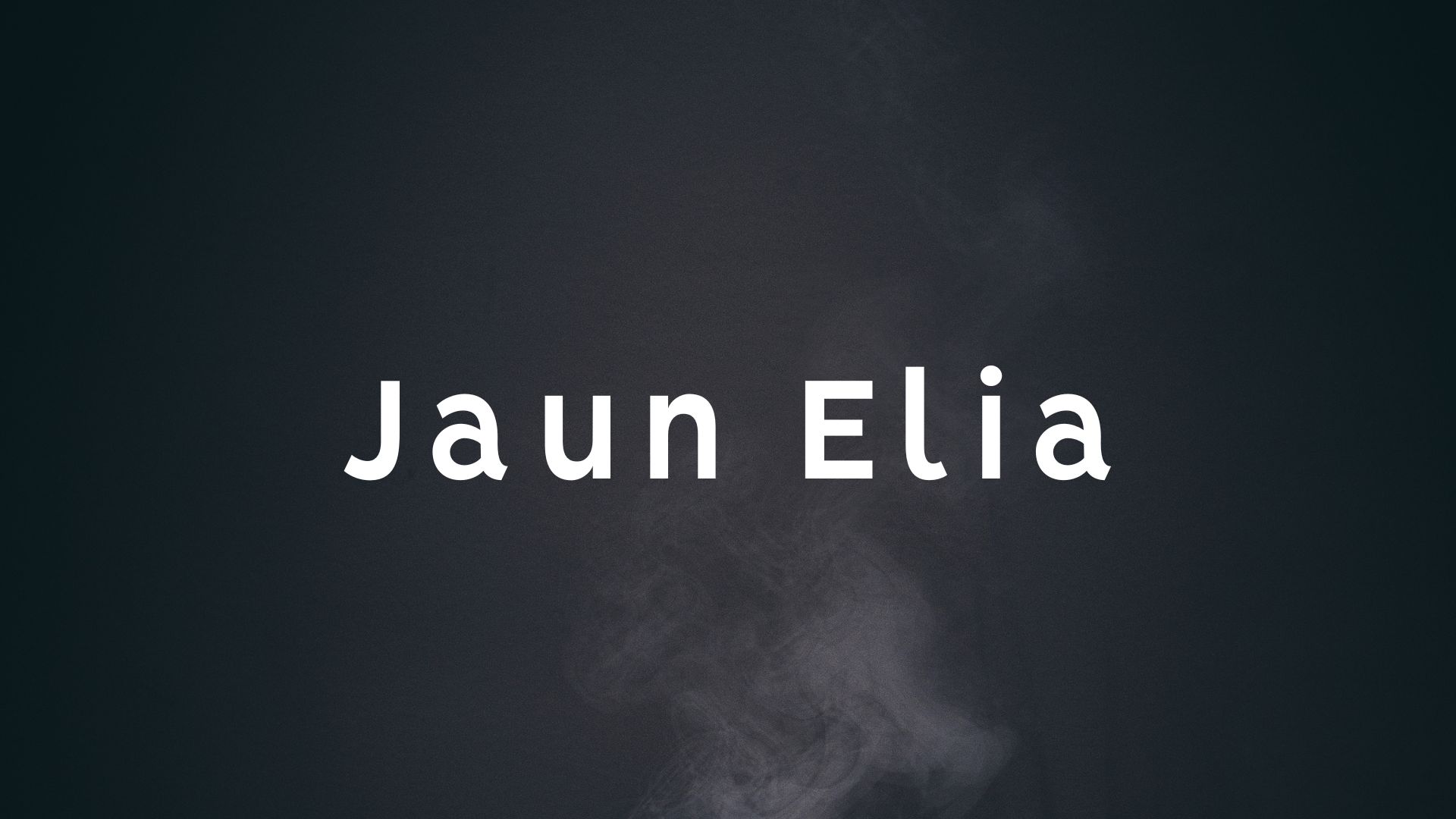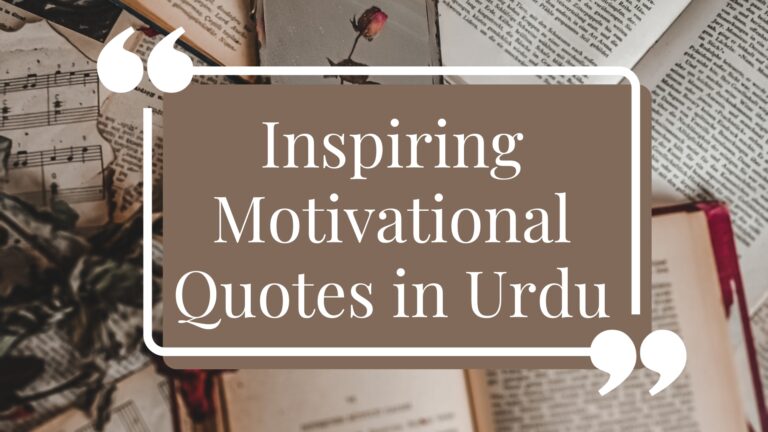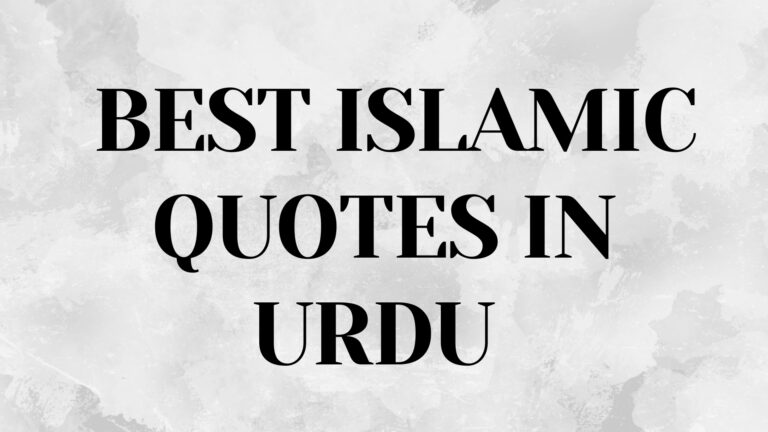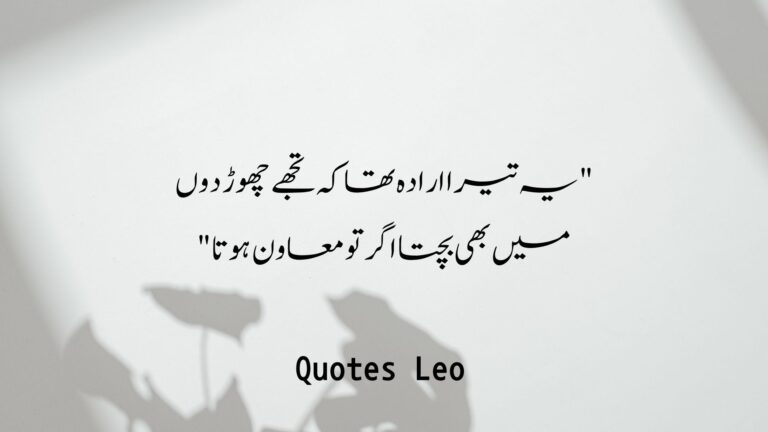In the realm of Urdu poetry, the name Jaun Elia gleams like a star. His verses, like drops of raw emotion, have the power to stir souls and ignite introspection. Jaun Elia, a master of melancholic and philosophical poetry, left an indelible mark on the literary world. His profound observations on love, life, and human nature continue to resonate with readers, transcending time and space.
In this exploration, we will dive into some of Jaun Elia’s best lines, each carrying a universe of sentiment and insight within itself.
1. Love: A Beautiful Prison
Love, that inexplicable emotion that can both liberate and ensnare, finds its echoes in Jaun Elia’s words. His lines have a way of capturing the complexity of love, unraveling its intricate threads.
“یہ عشق کیسا ہے؟ ایک خوبصورت زندانی،
جس کی ہر روشنی پہ راز ہو انتہائی”

Translation: “What kind of love is this? A beautiful prisoner, Each illumination of which holds an ultimate secret.”
2. Embracing Pain: A Bittersweet Journey
Jaun Elia’s poetry often delves into the embrace of pain and sorrow as an essential part of the human experience. His lines paint pain as a companion rather than a foe, creating a new perspective on suffering.
“دکھ ہی سہی، تجھ سے دل لگانے کا راستہ تو ہے،
دکھ میں ہی سہی لیکن آسانیاں بھی تو ہیں”

Translation: “If nothing else, there’s a way to connect with you through pain, In suffering, indeed, but ease exists therein.”
3. Self-Reflection: Mirroring the Soul
Elia’s verses serve as mirrors to the human soul, reflecting its intricate desires, doubts, and vulnerabilities. His lines beckon us to confront our innermost selves.
“خودی کو کر بلبل اور پھول کو سنگ لے جا،
یہ جزء فغاں ہے، یہ منظر پر انگ لے جا”

Translation: “Turn yourself into a nightingale and take the flower as your lover, This part is a scream, capture this scene in your gaze.”
4. Philosophy of Life: Navigating Existence
Jaun Elia’s philosophical contemplations on life’s meaning and purpose are nothing short of profound. His lines guide us through the labyrinth of existence.
“جیتنا جی لیتا ہوں گزرتے لمحے میں،
اس کتاب کی صفحات پھیلا دی ہیں میں نے”

Translation: “As much as I’ve lived in passing moments, I’ve already spread the pages of this book.”
5. Desires and Destinies: A Tug of War
In the tussle between desires and destinies, Jaun Elia’s verses become a battleground where human aspirations and fate clash, portraying the eternal struggle.
“کسی کو دیکھنا ہو تو خواب دیکھتا ہوں،
وہ خواب سب کچھ ہے، وہ خواب کچھ بھی نہیں”

Translation: “When I want to see someone, I see in dreams, Those dreams are everything, those dreams are nothing.”
Conclusion: A Legacy of Words
Jaun Elia’s verses are like constellations in the poetic cosmos, each shining brightly with its unique brilliance. His ability to encapsulate the depth of human emotions and experiences in a few lines is a testament to his mastery over language and emotion. These lines not only remain as a poetic legacy but also a mirror that reflects the myriad facets of human existence.
As we immerse ourselves in Jaun Elia’s poetic world, we find solace, contemplation, and a profound connection to the vast spectrum of feelings that make us inherently human.








